Professional Editing and Publishing Certificate
The Graduate Certificate in Professional Editing and Publishing (PEP) is offered through the Master of Arts in Professional Writing Program in the Department of English. A unique four-course, non-degree program, this certificate prepares students for entry into the competitive industry of professional editing and publishing through a combination of academic study and hands-on experience. Read more.
Meet the Faculty
-
Dr. Erin Kathleen Bahl
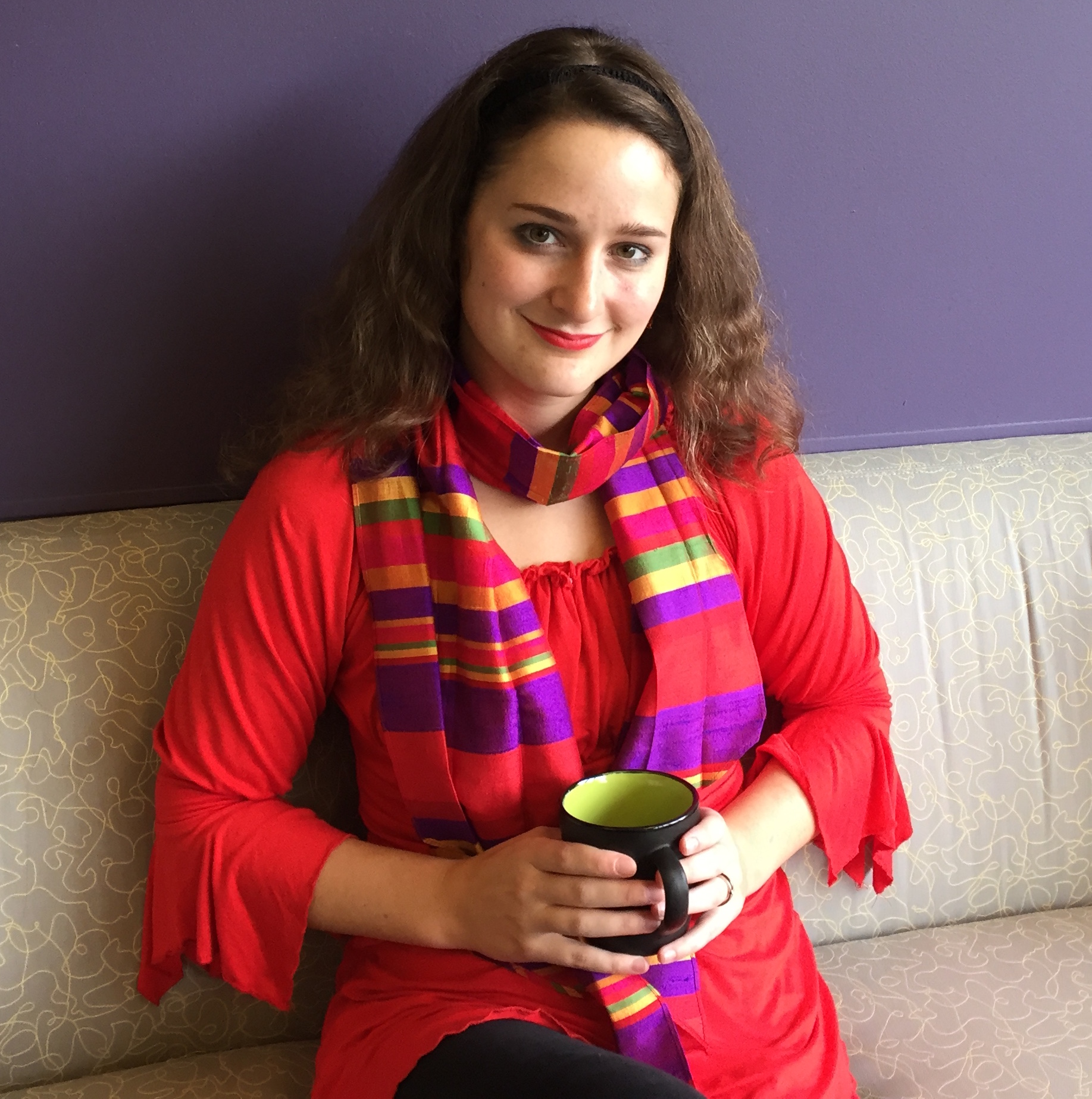 Erin Kathleen Bahl has served on the editorial team for several journals of digital
scholarship, including Harlot of the Arts; Computers and Composition Online; Filter: An Instagram Collaboratory; and Kairos: A Journal of Rhetoric, Technology, and Pedagogy, where she is currently managing editor. Her approach to editing centers on mentorship
and building networks of support for authors; multimodality and experimentation with
the possibilities digital technologies afford scholarly publication; and making sure
online communication is as broadly accessible as possible. Her classes situate students
in a writerly approach that includes editing as a key dimension of the overall creative
communication process. Students develop portfolios that showcase their ability to
edit complex documents at multiple levels based on an author’s primary goals and a
project’s unfolding needs.
Erin Kathleen Bahl has served on the editorial team for several journals of digital
scholarship, including Harlot of the Arts; Computers and Composition Online; Filter: An Instagram Collaboratory; and Kairos: A Journal of Rhetoric, Technology, and Pedagogy, where she is currently managing editor. Her approach to editing centers on mentorship
and building networks of support for authors; multimodality and experimentation with
the possibilities digital technologies afford scholarly publication; and making sure
online communication is as broadly accessible as possible. Her classes situate students
in a writerly approach that includes editing as a key dimension of the overall creative
communication process. Students develop portfolios that showcase their ability to
edit complex documents at multiple levels based on an author’s primary goals and a
project’s unfolding needs. -
Dr. Meishan Chen
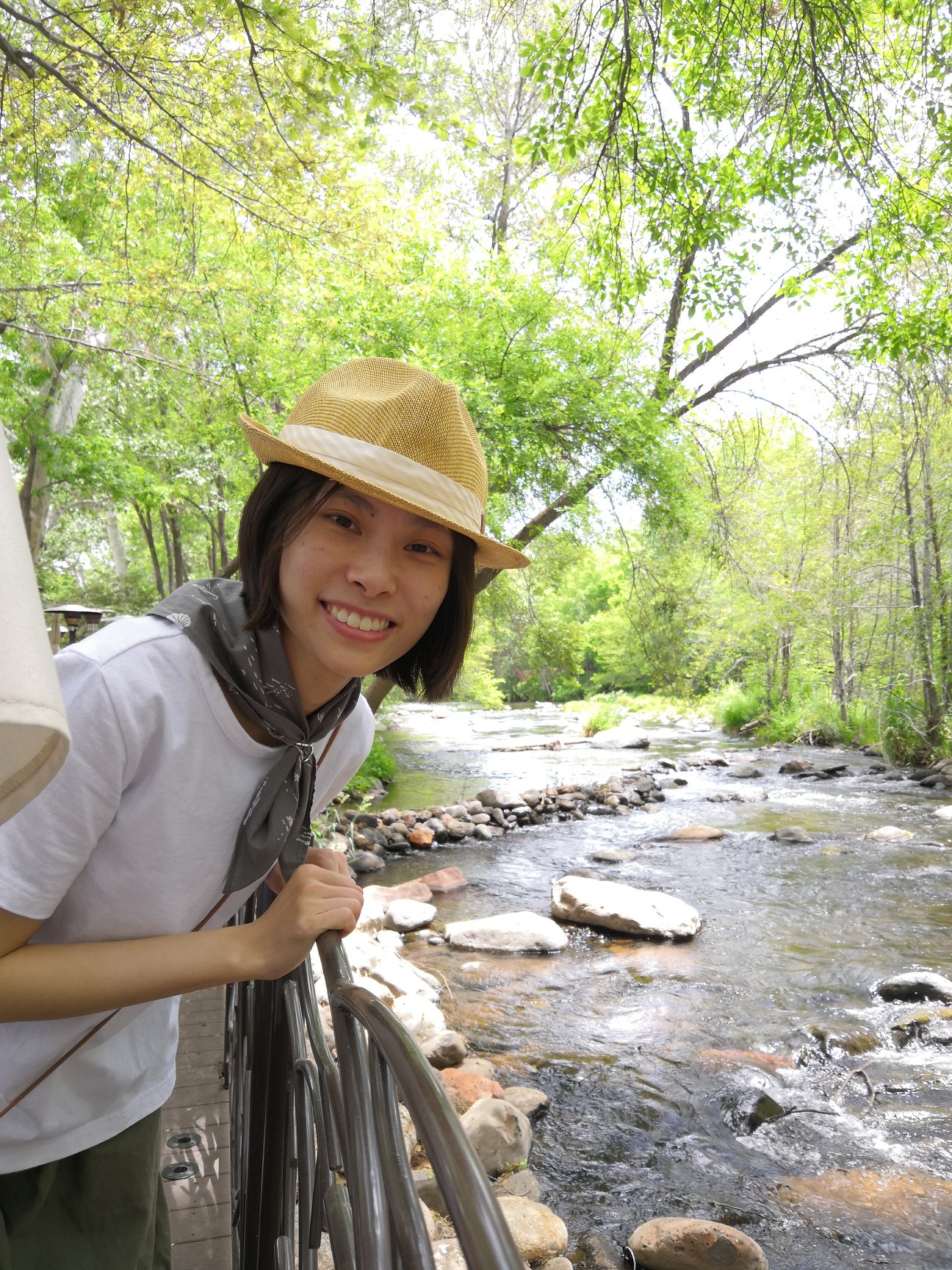 Dr. Meishan Chen’s research areas include corpus linguistics (Curious about corpus
linguistics? Here is a website that offers great intro of CL), using corpus approach in teaching language use and professional writing, and teaching
English to speaks of other languages (TESOL). She has also published research articles
in areas such as quantitative research methods in applied linguistics field. Students
in her linguistics and writing classes learn about using naturally occurred text files
to detect language patterns, word choices, linguistic features, and discourse structures
in different types of writing and learn to produce effective writing pieces based
on analysis of target professional writing genres.
Dr. Meishan Chen’s research areas include corpus linguistics (Curious about corpus
linguistics? Here is a website that offers great intro of CL), using corpus approach in teaching language use and professional writing, and teaching
English to speaks of other languages (TESOL). She has also published research articles
in areas such as quantitative research methods in applied linguistics field. Students
in her linguistics and writing classes learn about using naturally occurred text files
to detect language patterns, word choices, linguistic features, and discourse structures
in different types of writing and learn to produce effective writing pieces based
on analysis of target professional writing genres. -
Dr. Sergio Figueiredo
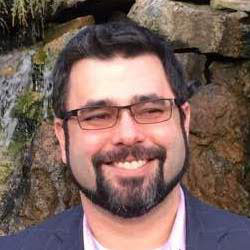 I serve in various editorial roles, including as a proposal and manuscript reviewer,
as a production editor, as a general editor, and as a member editorial review boards
for scholarly journals. My current editorial positions include roles as a Book Series
Co-Editor at Parlor Press, an Assistant Editor for Production at Intermezzo (press),
and an editorial reviewer at the following journals: The Comics Grid, Enculturation, Filter: An Instagram Collaboratory, The Journal of Undergraduate Media Projects, and Present Tense. I also serve as a member of the advisory board for the creative-scholarly journal,
Textshop Experiments.
I serve in various editorial roles, including as a proposal and manuscript reviewer,
as a production editor, as a general editor, and as a member editorial review boards
for scholarly journals. My current editorial positions include roles as a Book Series
Co-Editor at Parlor Press, an Assistant Editor for Production at Intermezzo (press),
and an editorial reviewer at the following journals: The Comics Grid, Enculturation, Filter: An Instagram Collaboratory, The Journal of Undergraduate Media Projects, and Present Tense. I also serve as a member of the advisory board for the creative-scholarly journal,
Textshop Experiments.My approach to teaching editing is rhetorically grounded, focused on preparing students to edit a work on its own terms rather than attempting to teach a standardized, one-size-fits-all editing practice. Pedagogically, I focus on preparing students to understand an author’s intentions and goals before beginning the editing process. Based on those stated or implied goals, I ask students to think critically, creatively, and rhetorically about how an editor can honor and do justice to an author’s work and the audiences who invest their time in those works.
-
Dr. Beth Giddens
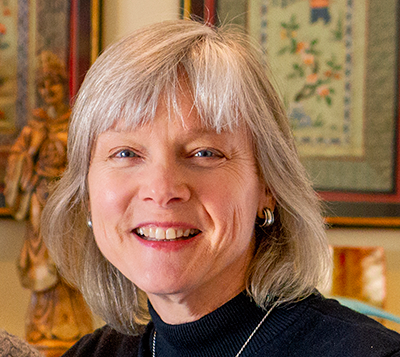 Beth Giddens served as publications editor for the Southern Regional Education Board
(SREB) in Atlanta, Georgia, before becoming associate director of communications.
Subsequently, she relocated to Santa Monica, California, and worked as a communications
analyst at RAND, then later director of communication for the RAND Institute for Civil
Justice (ICJ). In these positions, she worked with teams of researchers and staff
to write and publish a wide range of deliverables, both in print and online formats.
As a director she oversaw communication branding, including house style, as well as
planning and strategy.
Beth Giddens served as publications editor for the Southern Regional Education Board
(SREB) in Atlanta, Georgia, before becoming associate director of communications.
Subsequently, she relocated to Santa Monica, California, and worked as a communications
analyst at RAND, then later director of communication for the RAND Institute for Civil
Justice (ICJ). In these positions, she worked with teams of researchers and staff
to write and publish a wide range of deliverables, both in print and online formats.
As a director she oversaw communication branding, including house style, as well as
planning and strategy.To become sensitive and effective editors, Dr. Giddens believes that students should learn what writers need and want from editors, as well as what publishers expect from editors. She guides students through their own real-world editing projects, where students practice manuscript review and copyediting. These tasks strengthen students' knowledge of house style and their repertoire and acuity in language use. Students grasp that editors function as life-long readers and learners, gaining breadth and depth as they experience developments in publication format, style, subject matter, and audience.
-
Dr. Kurt Milberger
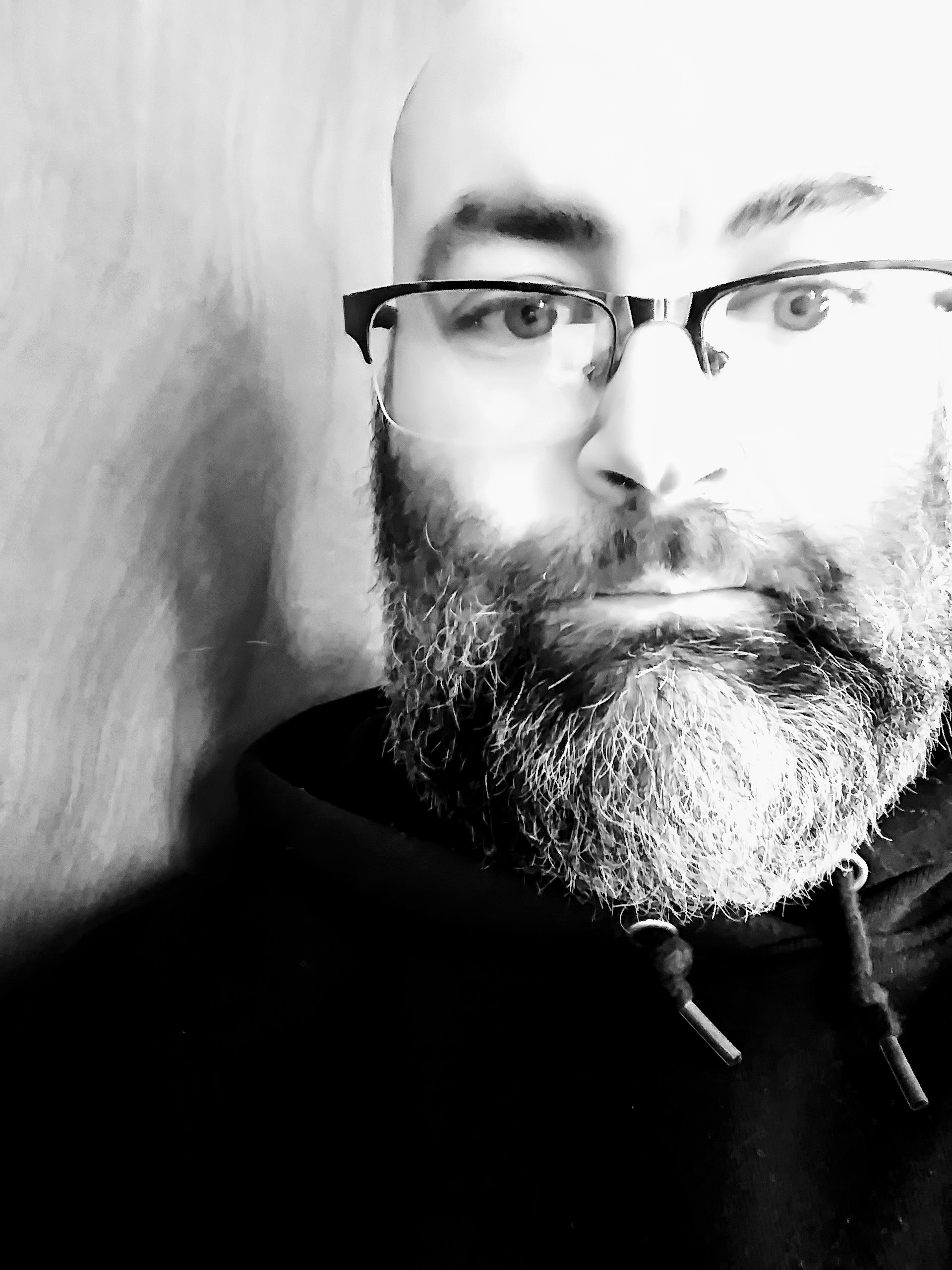
Most of my editorial experiences come from work in academic editing. I’ve served as Managing Editor for four academic journals: Religion & Literature, The Journal of Popular Culture, The International Journal of Feminist Approaches to Bioethics, and the Public Philosophy Journal. I’m currently on the board of The Journal of Popular Culture and serve as a reader for the Popular Culture Studies Journal and Studies in Popular Culture. In addition to journal work, Margaret Doody and I produced a scholarly edition of Susannah Gunning’s Barford Abbey, an eighteenth-century novel, with textual apparatus and appendices for Broadview Press. Finally, in my previous role, I produced the MSU Press Podcast and Patricia Conolly’s experimental chapbook Yeats’s Teahouse.
I teach editing from the perspective of experiential learning. I believe editors learn best by practicing editing, so along with theory, I provide real-world projects and activities that put students in professional roles and let them exercise their editorial judgment and skills. I am also keen on putting students in contact with working professionals in a variety of editorial positions to help them understand day-to-day life and career potential in the publishing industry.
-
Dr. Laura McGrath
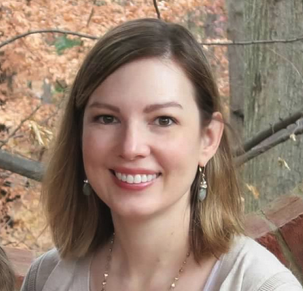
Dr. Laura McGrath teaches courses for the MAPW’s applied and composition and rhetoric concentrations, including Writing for Social Media, Research Methods, and Intro to Literacy Studies. As a digital rhetoric, writing, and media studies specialist, she has published an edited collection titled Collaborative Approaches to the Digital in English Studies; articles in Computers and Composition, Literacy in Composition Studies, and Res Rhetorica; and chapters in Reading and Writing New Media and Avian Aesthetics in Literature and Culture. Her current research focuses on digital rhetorical practices used by conservation and science communication professionals. Additional information about Dr. McGrath can be found on her faculty web page.
-
Dr. Chris C. Palmer
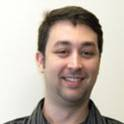
Chris C. Palmer currently serves as Associate Editor and Book Reviews Editor for the international publication Token: A Journal of English Linguistics. He has also published books with two major academic publishers (MLA and Routledge), working as a co-editor of three volumes: Teaching the History of the English Language (MLA 2019), Teaching Language Variation in the Classroom (Routledge 2019), and Teaching English Language Variation in the Global Classroom (Routledge 2022). Students in his World Englishes and Intercultural Communication in Context courses learn about global differences in standard writing practices (e.g. American vs. British conventions) and differences in the production of professional writing genres for different intercultural audiences and international contexts.
-
Dr. Lara Smith-Sitton
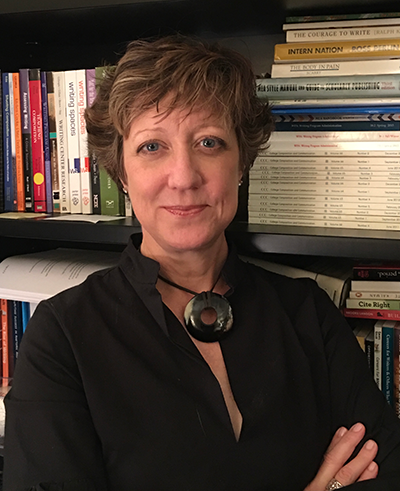
I came to KSU in 2015 with many years of experience in industry, including nearly ten years as a nonprofit administrator and managing editor of South Atlantic Review, as well as work as writing for large companies such as Arlington Securities in London and The Home Depot in Atlanta. My work has also included a range of editing projects from collections of immigrant narratives and full-length book projects to newsletters and corporate communications. These experiences provide the foundation for the courses I teach, where students will find that I bring authentic projects and professional contacts into my courses so that they can better understand the many opportunities available to writers and publishing professionals, develop the needed skills and qualifications, and prepare to pursue their individual career goals and writing interests.
A New Course Added to the MAPW Program in Fall 2021: Publishing in the 21st Century
Dr. Lara Smith-Sitton and a class of fifteen MAPW students met in Fall 2021 to explore the many facets of book publishing. Relying upon two texts: Literary Publishing in the 21st Century (Millweed 2016) and The Publishing Business: From P-Books to E-Books (Bloomsbury 2014) and a range of supplemental readings provided the foundation for exploring topics such as the future of books, literary agents, marketing, self-publishing, editing, diversity, and production. The course also included visits to the Bentley Rare Book Museum, the KSU Printmaking Studio, and a special event featuring an independent press with the founder and a feature writer. The class welcomed speakers throughout the semester including industry professionals, editors, authors, sales/marketing representatives, publicists, self-published authors, journal editors, and literary organization leaders. White papers created in over the semester that explore a range of topics will be presented in Spring 2022 as a part of a Focus on Publishing Conversation Series with students, writers, and industry professionals.
Now a required course for the Certificate in Publishing and Editing, look for the course to be offered again in Spring 2023. Consider the comments of MAPW Student Crystal Wilkins: “This course gave me insight into the complex world of publishing, and it helped me make decisions as an author, editor, and student. The information from the many guest speakers and the materials is invaluable. I highly recommend this course.”











